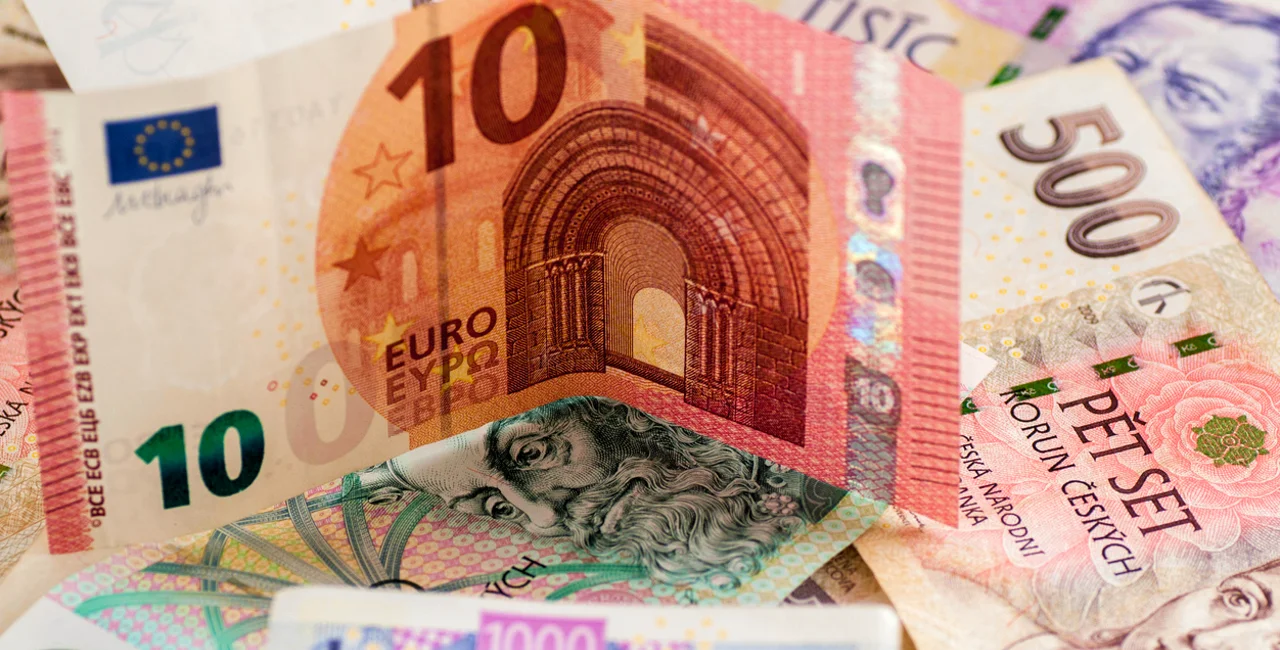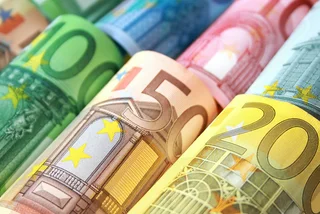Czechia is not currently ready for the euro. Those were the words of Prime Minister Petr Fiala Thursday, who confirmed that the adoption of the currency would not be a topic during the next election period.
Fiala said that, first, it is necessary to put the state budget in order and regulate currently high inflation. At end-2022 Czechia registered a budget deficit of CZK 360 billion – its third-widest in history – and current inflation levels are at around 13 percent. Total public debt is well over CZK 1 trillion.
have your say
Do you think Czechia should adopt the euro?
Domestic problems must be fixed
The prime minister also noted that Czechia does not yet meet the so-called Maastricht (or convergence) criteria – a list of standards that a county has to adhere to before joining the eurozone. These criteria require, among other things, “the sustainability of public finances and price stability.”
The Czech National Bank (ČNB) and Ministry of Finance in late 2022 also recommended that Czechia does not yet set any date for adopting the euro.
For Czechia, one of the conditions for joining the EU in 2004 was adopting the euro. No timetable or deadlines have been set. Slovakia, which joined the EU in the same year as Czechia, adopted the bloc’s currency in 2009. On the other hand, Sweden – a country that joined the EU in 1995 – has repeatedly delayed the adoption of the euro and has no near-term plans to do so.
Czechs are generally against joining the eurozone. An opinion poll released earlier this month shows that just 18 percent of respondents are in favor of the country using the euro.
Pros and cons
A 2021 study by the ČNB weighed up the advantages and drawbacks of joining the euro. On the plus side, using the euro would promote trade with other EU countries that use the currency, as transaction costs would be lower. It would also increase competitiveness and encourage cross-border investment, as well as ensure mutual support from the eurozone in the event of a crisis.
Disadvantages, however, include the risk of Czechs’ purchasing power declining due to costs becoming higher, a lack of convergence between consumer prices and wages, a loss of independent monetary policy, and a decline in foreign investor confidence – an aspect that the crown is currently enjoying. The unusually high proportion of industry in Czechia’s GDP could also be problematic if joining the euro.
The government coalition is not overly keen the join the eurozone. Only the TOP 09 party recommends its adoption, citing improved economic stability. Czechia’s poor public finances and highly elevated inflation – combined with the low public, institutional, and governmental backing – means that Czechs will not be seeing the euro in their country any time soon.













 Reading time: 2 minutes
Reading time: 2 minutes 
























